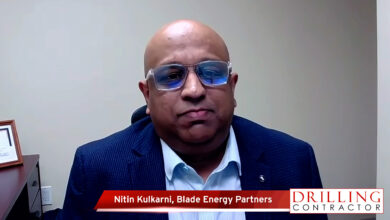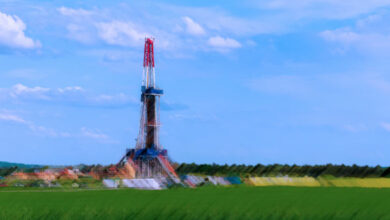UK to increase North Sea rig inspections

In response to the activities in the Gulf of Mexico, UK Secretary of State for Energy and Climate Change Chris Huhne announced on 8 June that the government plans to double the number of annual inspections of drilling rigs and increase monitoring of offshore compliance. The government has also asked a newly formed oil industry group to report on the UK’s ability to prevent and respond to oil spills.
“The events unfolding in the Gulf of Mexico are devastating and will be enduring. What we are seeing will transform the regulation of deepwater drilling worldwide,” Mr Huhne said. “It’s my responsibility to make sure that the oil and gas industry maintains the highest practices here in UK waters.”
A review by the Department of Energy and Climate Change (DECC) found that the UK regulatory system is fit for purpose, Mr Huhne said, but in light of the spill in the Gulf, the government wants to strengthen the regime further.
“The Deepwater Horizon gives us pause for thought and, given the beginning of exploration in deeper waters west of Shetland, there is every reason to increase our vigilance,” he said.
The following actions are under way to help strengthen regulations in UK drilling:
- DECC is increasing the oversight of drilling operations through the recruitment of additional inspectors in its Aberdeen office. This will double the number of annual inspections of drilling rigs
- DECC is reviewing the indemnity and insurance requirements for operating on the UK continental shelf.
- The newly developed Oil Spill Prevention and Response Advisory Group (OSPRAG) will examine the UK’s strengths and weaknesses in responding to a blowout and spill incident. DECC is participating in this group, and the secretary of state will closely examine its findings.
- The European Union has asked companies operating in EU waters to provide assurances that they are working as hard as possible to ensure safe practices and that they are able to take full responsibilities for environmental and other damage if an incident were to occur.



